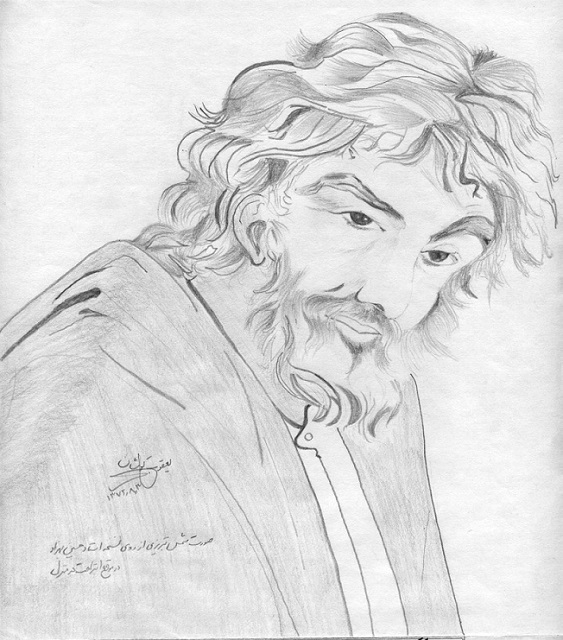
Dancers would whirl around for hours while chanting prayers until they felt they had cast off their superficial minds and were ready to receive the Supreme Being.

Along the way Shams introduced Rumi’s circle to a new medium of spirituality, namely dance, music, and ecstasy. They would spend hours on end debating what constituted the essence and purpose of life, or whether love or reason should be the torch illuminating man’s destiny. Rumi quit his daily teachings, took Shams to his abode and engaged in a rapturous company with him for many months to come.

He had lived all his life in obscurity, but since that day his name has been immortalized in the eternal poetry of Rumi, like: (26th of Jamadi-al-Akhar 642 A.H.) and the questioning dervish was a wandering Sufi master named Shams Tabrizi. He blossomed into the greatest Sufi poet whom we now know as Jalaluddin Rumi Molavi, or simply Rumi. It led to the establishment of an ecstatic liaison between the two men and eventually transformed the life of the theologian forever. The question and the answer that pursued concerned a trivial Sufi aphorism whether god or man deserved the supreme praise for being the Supreme Being on earth? But the outcome of that encounter was far from trivial. The scholar had just finished his daily teachings at the town’s theology school and was confidently strolling though the bazaar amidst the large entourage of his pupils. Eight centuries ago in the middle of a Middle Eastern bazaar in Qonya, in modern day Turkey, a vagabond dervish approached an eminent scholar and asked him a philosophical question.


 0 kommentar(er)
0 kommentar(er)
